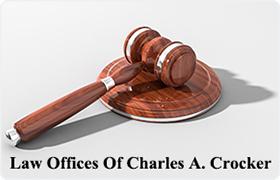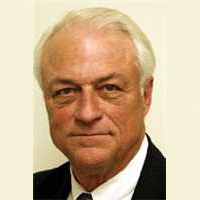Richmond Estate Lawyer, Texas
Sponsored Law Firm
-
 x
x

Click For More Info:
-
Law Offices Of Charles A. Crocker
1770 Saint James Place Suite 601 Houston, TX 77056» view mapEstate Law Treating People With Integrity & Respect
The cornerstone of my success is the quality relationship which I maintain with clients. I focus on intelligent legal representation & pledge to listen & communicate with clients.
800-884-5920
Julia Leigh Dean
✓ VERIFIEDEstate, Wills & Probate, Elder Law, Guardianships & Conservatorships, Trusts
Ms. Dean's professional experience encompasses a broad range of legal matters. Her primary emphases are estate planning, elder law, and probate. Her e... (more)
Paul Romano
Estate, Wills & Probate, Business Organization
Paul Romano has extensive experience in prosecuting and defending claims against executors, administrators, trustees, and guardians in Harris County, ... (more)
Joel Bennett
DUI-DWI, Estate Planning, Family Law, Federal Appellate Practice, Immigration
Status: In Good Standing
Joel Bennett
DUI-DWI, Estate Planning, Family Law, Federal Appellate Practice, Immigration
Status: In Good Standing
Patricia J. Holloway
Wills, Wills & Probate, Family Law, Divorce & Family Law
Status: In Good Standing
FREE CONSULTATION
CONTACTLee Harper Wilson
Juvenile Law, Wills, Family Law, Criminal
Status: In Good Standing Licensed: 44 Years
Khanh T. Pham
Family Law, Immigration, Wills, Commercial Real Estate
Status: In Good Standing Licensed: 16 Years
Markie Brooks Richmond
Family Law, Juvenile Law, Wills, Criminal
Status: In Good Standing Licensed: 9 Years
Carolyn Mckinney Harp
Wills, Employee Rights, Business & Trade, Business
Status: In Good Standing Licensed: 44 Years
Robert John Ames
Wills & Probate, Trusts, Estate Planning, Estate
Status: Inactive Licensed: 51 Years
 Charles A. Crocker Houston, TX
Charles A. Crocker Houston, TX Practice AreasExpertise
Practice AreasExpertise


